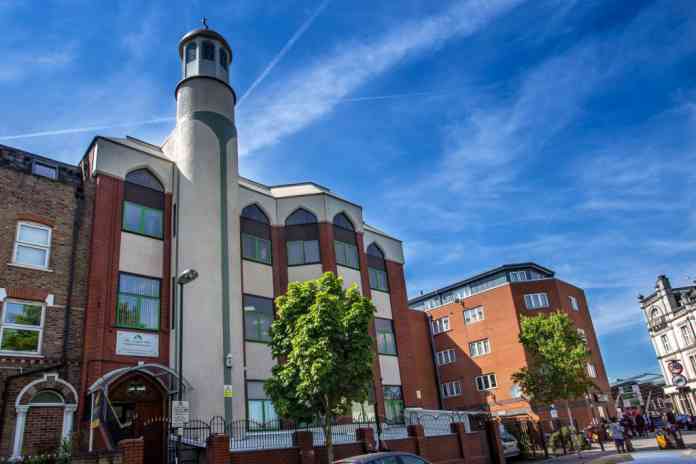Finsbury Park terror anniversary brings calls for action on Islamophobia

The daughter of terrorism victim Makram Ali, killed in the Finsbury Park terror attack in 2017, has spoken of his legacy in tackling Islamophobia.
In a service to mark five years since the tragic attack, Ruzina Akhtar told the Hackney Gazette:
"My dad was taken from us tragically but we can take positives from events like these which allow us to celebrate his life and talk about Islamophobia."
51 year-old Ali was murdered by terrorist Darren Osborne who drove a van into worshippers outside the Muslim Welfare House in Seven Sisters Road. 12 other people were injured.
Osborne, from Cardiff, was jailed for life at Woolwich Crown Court in February 2018. The judge ordered that he spend at least 43 years behind bars after being "rapidly radicalised" online in the months before the attack.
Ruzina told the Hackney Gazette: “If Islamophobia is being tackled, and using my dad as an example of one of its victims helps to prevent further incidents, that eases the pain.
“He has definitely left a legacy in how the community got together after the attack and we can take happiness from that.”
Mohammed Kozbar, chairman of Finsbury Park Mosque, said that Islamophobia in the UK a bigger problem than it was five years ago. He said:
"I remember the prime minister at the time, Theresa May, sitting in this room and promising that steps and actions will be taken seriously to tackle this disease which causes Islamophobia. Even still we don’t have a definition of Islamophobia.
“In fact, it is much worse now than it was five years ago, with the institutionalisation of Islamophobia by this government and some sections of the media."
Matt Jukes, assistant commissioner for specialist operations in the Metropolitan Police, paid tribute to Makram. He told the Hackney Gazette:
"One thing we absolutely need is the mechanisms and the confidence, the trust, of people to report their experiences of Islamophobic and other hate crimes.
"So, whether that's through community, places of contact, or whether it's directly into the Met Police, it's hugely important that our safer neighbourhood teams, town centre teams and other investments we've made are really focused on making sure people feel they know they're there, and that they can contact and speak to the Met about those experiences."
digital issue




















